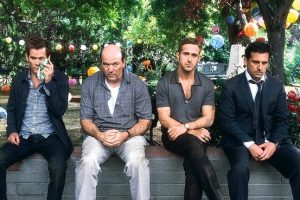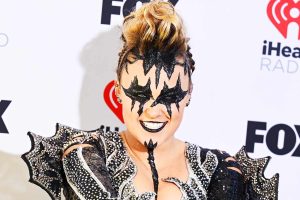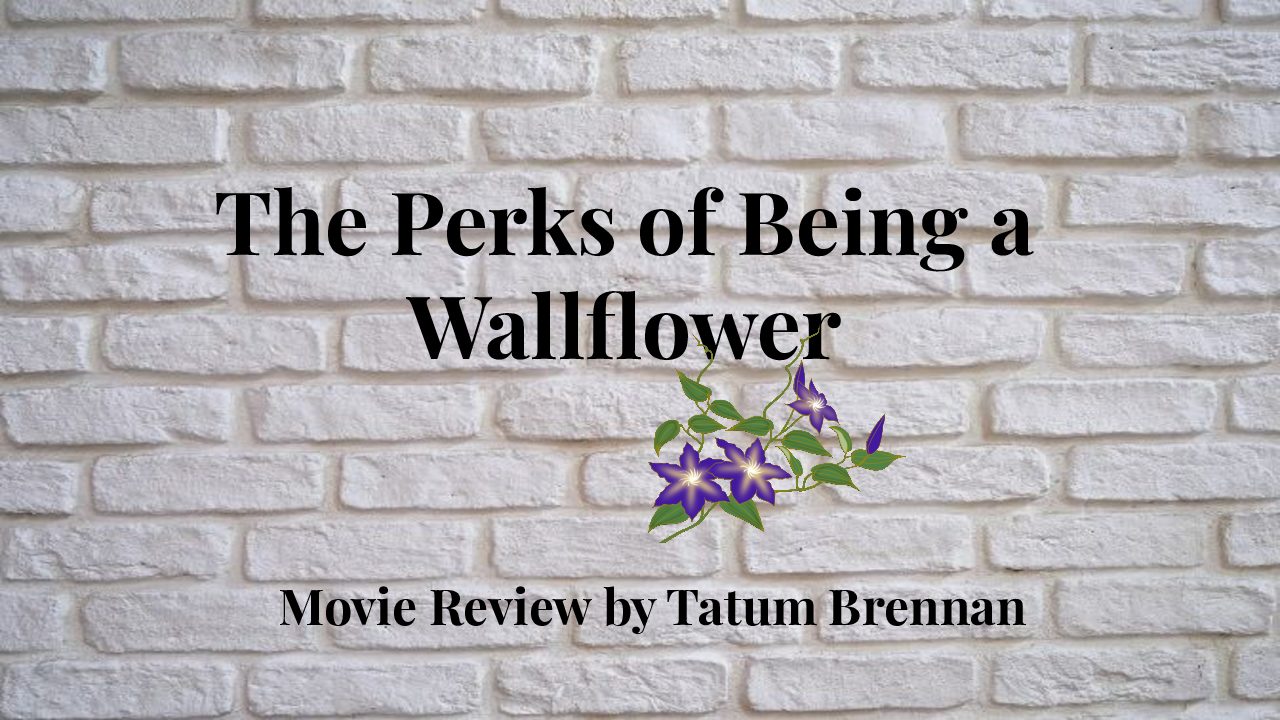Why the NBA should lower the eligibility age
July 25, 2019
Talented basketball players coming out of high school still must wait until they are either 19 years old or 1 year out of high school to cash in on their abilities. This situation brings up a strong debate about the fairness of holding back these budding stars in the NCAA, where they waste a year of NBA salary, while also risking injury. In order to combat these problems, the NBA should follow the eligibility rules that the MLB follows. The MLB’s rule is that a player may decide to enter the draft out of high school or choose to attend college for at least three years before being eligible to declare for the draft. This rule benefits all parties involved: the one-and-done players (players who declare for the draft after their freshman year in college), the quality of play in the NCAA, and the NBA.
Year after year, high school stars must wait a year after graduating to pursue their lifetime goal of being in the NBA. Instead, they spend a year with a NCAA basketball team, which makes millions of dollars a year, exploiting the talent of these young men, without giving them a cent of the profits.
The education that people argue is good for these athletes and gives them the tools to be responsible with their money and business in the real world is simply non-existent for most one year basketball players. For example, 76ers’ star Ben Simmons commented on his LSU education in his 1 year at the University by saying “I don’t really know what I learned”. These athletes do not gain anything from sitting out a year after high school. Some of the greatest basketball players the world has ever seen went straight out of highschool. From Kobe Bryant to Kevin Garnett and “The King” Lebron James, many NBA athletes who didn’t attend college have had some of the greatest success not just on the court, but off of it. LeBron James has created a business empire with a net worth over 450$ million, much of it due to his entrepreneurial success and his savvy investments. I do believe that the NBA should implement business classes and have mentors for the younger players as 60% of retired players go broke within 5 years of retirement, but I don’t believe that 1 year of college is the solution to this.
The quality of play in the NBA will greatly improve as a whole. Although Duke’s 2018-19 team would likely not be a thing without the current Nba eligibility rules, the overall quality of play for every team will increase. Look at the two teams in the NCAA championship, Texas Tech and Virginia, both these teams had only one starting freshman on the team, and both of the lineups were riddled with upperclassmen. Not only will the teams be made up of more experienced players who are not good enough to go to the NBA right out of high school, those players will have to develop their talents for three years in college. Most athletes will not be good enough to get drafted, so that will result in extremely good players staying three years in the NCAA improving the overall quality of play.
Finally, this could assist the NCAA in their case to keep college basketball players from being paid as they will be giving the opportunity to go to the league out of highschool. Also, players such as RJ Hampton who decided to spend his one year out of high school in the Australian basketball league will be more enticed to stay and join the NBA right away. Due to the fact that there are currently ways around playing in the NCAA, only players that truly want the college experience will join. A better, less hostile environment will be created as players will have more options on their possible paths, and they will not feel forced into an institution such as the NCAA if they feel they do not benefit from that experience.
Overall there is overwhelming reason to believe that the sport of basketball will improve with the addition of MLB draft eligibility rules to the NBA. As the benefits expand to all parties involved in College and professional basketball. And, most importantly, the vulnerable young players attempting to start a career in the NBA will have more opportunity to join, and they will be better prepared.






